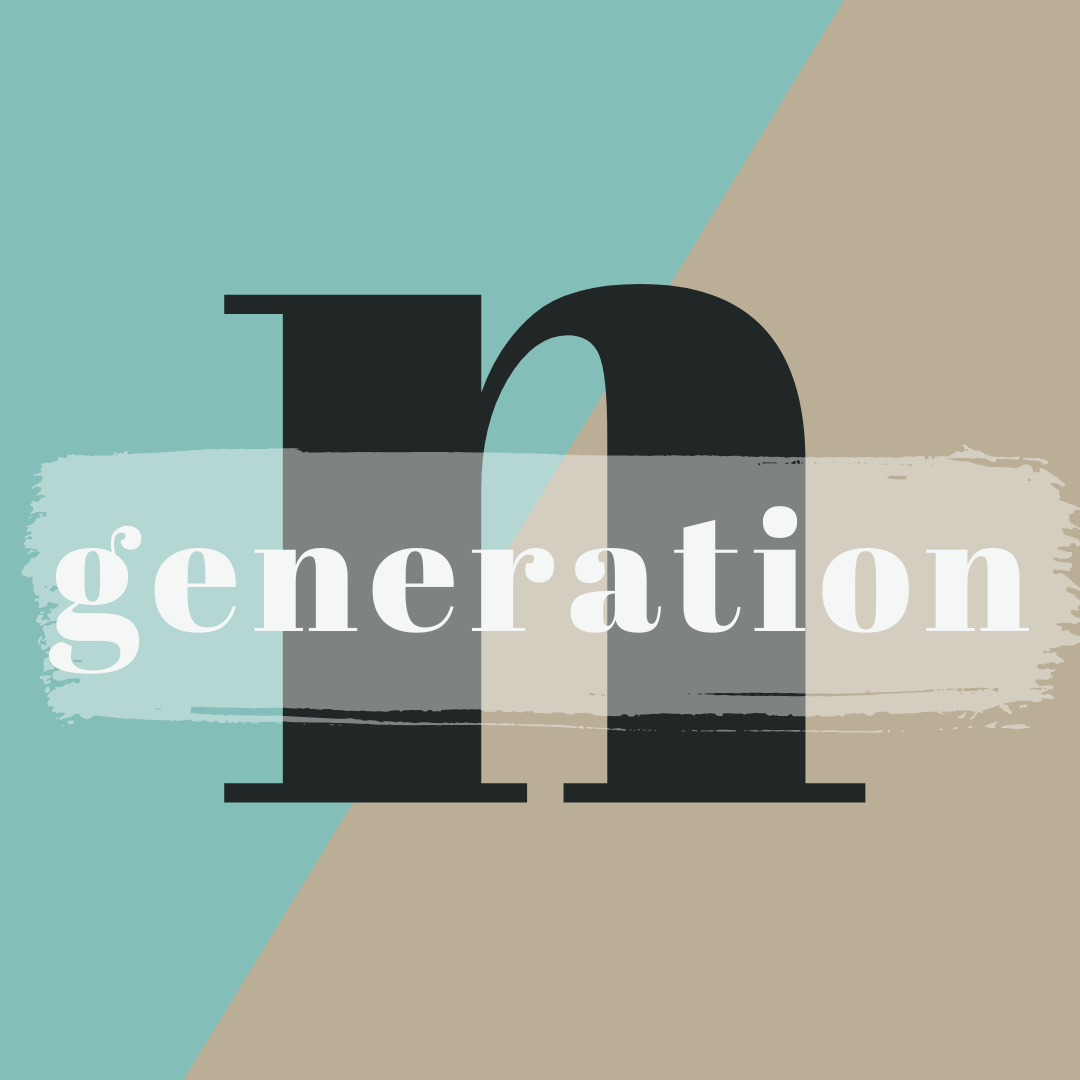So, I just published my first book… during a pandemic… yeah, definitely didn’t see that one coming.
Book stores are closed, libraries are functioning like McDonalds drive-thrus, and the only way to connect with readers, followers, and a community, is through a computer screen (which I have had enough of lately).
Once the virtual confetti had settled after my zoom book-launch party in July, I felt like I had hit a wall. I had burnt myself out on social media - editing and proofreading - zooming - more zooming. All I wanted to do was run out of my house (without a mask), hug people, talk to people, and forget there was a pandemic going on. There were protests marching down the street that I wanted to join, but in fear of COVID-19, of police backlash, and the potential danger of such large and energized groups, my fear got the best of me.
I stayed home.
I had envisioned doing readings at small indie bookstores surrounded by moms with their strollers, young women in their mid-20’s, and a few random college kids. I had planned to conduct resume writing workshops to help young nannies explore their futures and learn how to communicate their value on paper. I had planned to have at least 4 parties with way more than 10 people at each gathering, and a cross-country book tour (that I couldn’t have afforded anyway).
Most of these plans were not going to happen. But, I did get to Arkansas to see my family and in August I retraced my nanny steps in Denver, Colorado. Working from home since mid-March, this trip was needed and I was hoping to gain some, if any, traction promoting my new book.
While in Denver, I attempted to get my book on the shelves of the infamous Tattered Cover book store, only to learn they had paused all typical programming for local authors due to COVID-19. Their doors shut, and shelves untouched since April, book stores had been hit especially hard by the pandemic this summer. I also learned that donating a book to any of the Denver Public Libraries required an official trip to the DPL headquarters downtown, just to drop a book in their book return. This task seemed underwhelming and out of the way.
I had dreamed of watching a librarian reach across the desk and take my book from my hands with a smile. Watching them walk back to the local authors section and place it on the shelf. I’m pretty sure it’s more complicated than that to donate a book to the library, but regardless, my visualizations of the community building, the smile exchanging, the storytelling and the connecting, was not happening the way I wanted.
I was at a promotional, dead-end and feeling discouraged. I can’t wait to share my book with the world, yet, the world was basically taking a nap.
Then, I heard of Book Bombing.
When I was a nanny in Denver, I found it advantageous to join the neighborhood Facebook groups where I was working. Joining groups for West City Park, Whittier, Cole, and 5 Points. I am still in these Facebook groups almost 5 years later, because I am nostalgic that way … like a hoarder, but I hoard facebook groups. Don’t judge.
Someone from the Colorado Author’s League posted something about Local Colorado Authors “Book Bombing” the Free Little Libraries around town as a way to promote, and give back to the community during the pandemic. It was the perfect thing to do.
While book bombing the Free Little Libraries took me down memory lane, it also allowed for me to reflect on my part as a citizen in our new world.
When I was a nanny, I was always looking for something to do to pass the time with the babies.
They don’t call it “taking a stroll” for nothing - one doesn’t stroll if they have someplace to be, and thus my strolls sometimes lasted a few hours. Freely wandering, playing music from my phone in the stroller cup holder, these were my favorite summer moments.
The Free Little Libraries had been started in 2009 by a man named Todd Bol in Hudson, Wisconsin as a little tribute to his mother. Since then, Free Little Libraries have been built all across the U.S. encouraging those passing by to leave a book and take a book; a reciprocal exchange amongst strangers.
The double stroller we bought off craigslist that summer barely fit on the narrow sidewalks. The wheels getting caught in the crevices, where the cement had cracked years ago letting weeds sprout through. I would start in West City Park and head North towards MLK, a couple laps around the track at Manuel High School would always rock the babies to sleep. The houses ranged from old Victorians painted in easter egg colors, some in original condition and a few recently revamped. In 2015, The modern boxy houses with the rooftop patios had only just begun to pop up and now, returning 5 years later, they could be spotted on every block. Funky fences, punny political signs (BYEDON was my favorite) and of course the Free Little Libraries.
Free Little Libraries were scattered about the neighborhoods of Denver, each one giving me something to look forward to every time I turned down a different street.
Some of these were old mailboxes and repurposed birdhouses, handcrafted by Denver-ites looking to give a welcoming touch to their front yards. Grasping the tiny knob, opening the miniature door, I loved peering into what seemed to be a motel for books. Various titles were just passing through town, staying a few nights before moving on to their next destination. They don’t have to mess with a formal check in or check out process, they get to come and go as they please. When the universe calls them to a new bedside table or travel bag, they just leave. It’s sweet to see when snacks and fresh fruit are also left for the taking amongst the books. I could tell someone knew when to expect the snacks because they were always gone the next day.
In the past few weeks transients, urban travelers, and the homeless had been camping out near the Denver capital. A month before, Civic Center Park had been filled to the brim with tents and makeshift shelters; the area was a mixture of protestors and people with nowhere else to go. The biggest shelter downtown, the Denver Rescue Mission, had closed its doors unable to accommodate the number of people needing beds and meals while ensuring their safety. The camp was cleared out right before my trip, displacing campers to various corners of the city off of Park Avenue and up and down 14th street. Seeing this, as we do in Austin as well, is more than an eye sore that many people complain about - it’s humanity on display. People in their cars drive by complaining, wondering, worrying, crying, or shaking their heads in confusion of not knowing what to do to help.
I felt worried, worried for the city I grew up in, sad for the people who were in so much need. I woke up early one morning and delivered some cases of water bottles to a few slumbering campers. It was the least I could do knowing they’d be outside in 96 degree heat that day. Fires burning in the mountains caused for the air quality to plummet, my throat was dry and sore all week, the invisible ash was everywhere, the heat stuck under the smoke clouds that hovered over the city.
Revisiting my old stomping grounds was a cathartic experience for me - dropping off my books at each Free Little Library, I felt a sense of gratitude. Gratitude for life, for shelter, for water, for friendship. Gratitude for the opportunity to give back.
Author, Robin Wall Kimmerer hit the nail on the head when reflecting on her writing as an act of service in her book Braiding Sweetgrass, Indigenous Wisdom, Scientific Knowledge, and the Teaching of Plants.
“for me, writing is an act of reciprocity with the world; it is what I can give back in return for everything that has been given to me.”
I’d like to imagine some of the campers coming across my book at the Free Little Libraries, giving them a momentary mind-vacation from the harsh summer elements. Picked up by new parents, mothers and fathers of small children, babysitters, nannies, and grandparents experiencing this year in isolation. How many walks are being taken right now? How many strolls a day are being clocked during this pandemic? How many books read? How many books written? Never did any of us expect our daily lives to be interrupted so abruptly and in such drastic ways, yet here we are.
As things start to open back up and we embrace our new normal, I hope we never stop strolling. The power of nature, sunlight, trees, and oxygen remind us how precious life is and what it means to be present. As we wait for what’s to come with the upcoming election and the possibilities of a vaccine this is the longest, and strangest, stroll I have ever been on. But what’s getting me through, are doing tiny acts of service. Trying to focus on what we, as individuals, can do for others; because the power of the collective is mighty.
The purpose of these little libraries is to give the public a gift of the common good…
and giving my book away for free, never felt so good.
We fill these little houses with books and in return we get to take one with us. To know that my books are on a journey of their own, gifting people with entertainment, reading my simple nanny stories and endless pondering about life - seems more like a gift for me.
To feel seen and heard - isn’t that the biggest gift of all?




